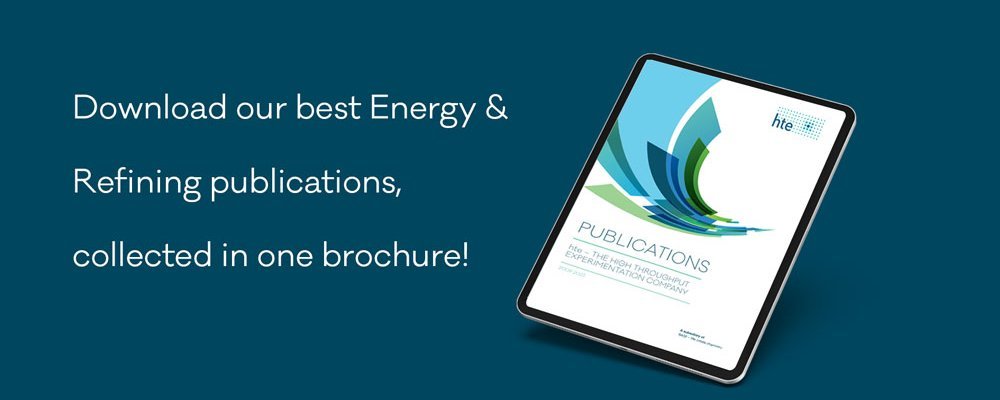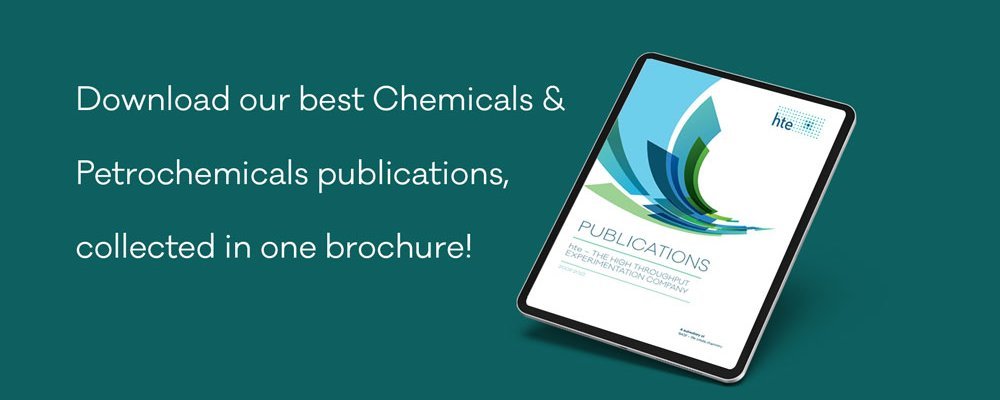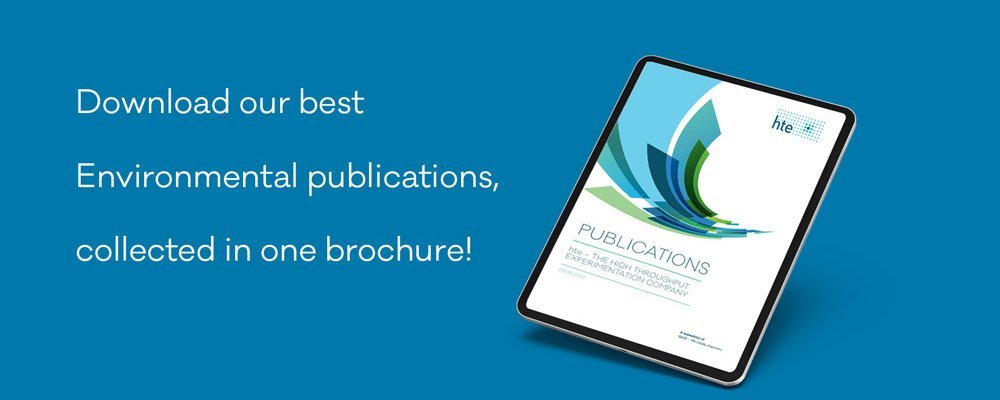Publication: FCC co-processing of novel renewable feedstocks
Trust the process - hte GmbH introduce a testing technique for co-processing novel renewable feedstocks by way of fluid catalytic cracking (FCC)
Authors: Alfred Haas, Marius Kirchmann, Simon Wodarz, Teo Trotus and Jean-Claude Adelbrecht
Hydrocarbon Engineering, June 2023
There is an increasing incentive for refineries to process novel feedstocks from renewable or recycled sources such as biogenic oils, fats and pyrolysis condensates from various forms of waste. This complements refineries’ traditional purpose – converting crude oil into highly-specialised products, such as fuels, lubricants and/or olefins and aromatics, as petrochemical feedstocks. The chemical composition and molecular weight distribution of such feedstocks are strongly dependent on their nature, and sophisticated, optimised processes are required to ensure that products meet their targeted
application quality, i.e., the correct composition of paraffins, isoparaffins, aromatics, naphthenes, olefins (PIANO), as well as
boiling point or carbon number distribution. Conventional processing routes comprise desalting, distillation and de-asphalting, before the three principal catalytic conversion pathways are applied, i.e., hydrogen addition (hydroprocessing), dehydrogenation (naphtha reforming), or carbon rejection (fluid catalytic cracking [FCC]) technologies.
Fill in the form to download the article.
In this article, hte GmbH introduces the Micro Downflow Unit (MDU), a cost-efficient and versatile laboratory testing technology for process development in co-processing of novel renewable feedstocks via fluid catalytic cracking (FCC).
Access to our scientific library
Get insights for your industry with our collection of scientific papers about parallel testing technologies.
Energy & Refining

Chemicals & Petrochemicals

Environmental

